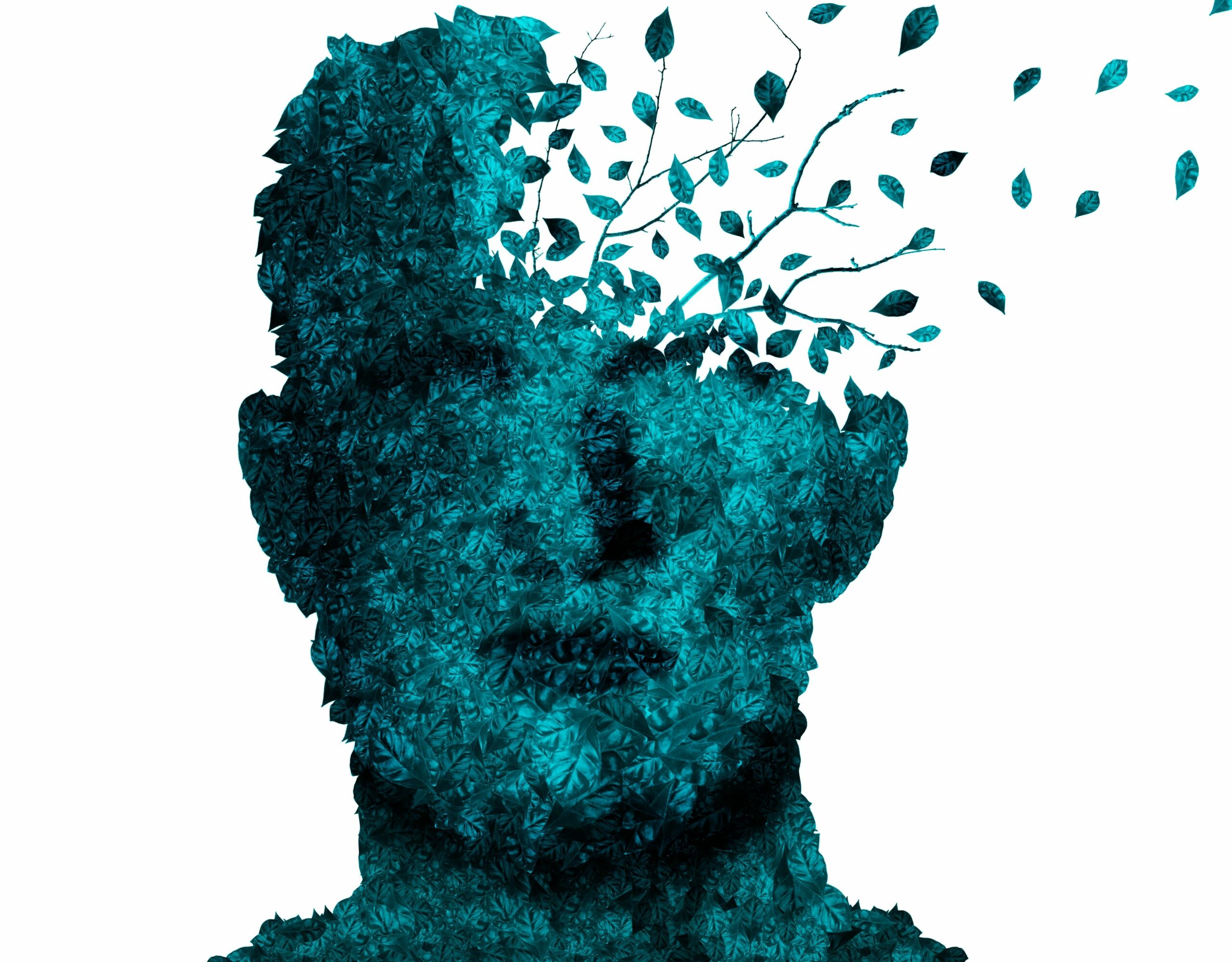Alzheimer’s disease is a progressive condition that leads to the degeneration of neuronal cells, followed by their death. It is the most common cause of dementia, which is a progressive decline in thinking, behavior and social skills that affects a person’s independence.
Early signs of Alzheimer’s disease can be: forgetting recent events, conversations, naming common objects, slips for common words, episodes of disorientation in space or time. As the disease progresses, Alzheimer’s patients develop severe memory impairment and lose self-care and the ability to perform daily activities.
Memory loss, the main symptom of Alzheimer’s disease
An early sign of the disease is difficulty remembering events or conversations, organizing thoughts. Most of the time a family member or friend can notice these symptoms.
Unlike occasional memory problems (it is normal to forget where you put an object, to forget a name, if this happens infrequently), the memory disorders associated with Alzheimer’s disease are persistent and progressively worsen, affecting work and household activities.
Patients with Alzheimer’s disease:
can repeat questions and stories often and at short intervals frequently place objects in illogical places and forget where they are can get lost in familiar places forget names of family members and identify degrees of kinship have trouble finding common words, identifying objects, express thoughts and participate in conversations
Another sign of the disease is difficulty in concentration, thinking, especially regarding abstract concepts and calculations. Complex activities become difficult, organizing finances, paying bills, using a bank card, telephone, remote control can become a challenge.
The ability to make reasonable decisions in everyday situations progressively decreasesas the ability to interact with other people decreases and social isolation occurs.
One of the routine activities that requires successive steps is preparing a meal (buying ingredients, cooking a dish, setting the table) that becomes a challenge, sometimes not reaching the end.
As the disease progresses, patients with advanced Alzheimer’s disease they are no longer able to carry out their daily hygiene, to dress, to use the toilet.
Signs of early stage Alzheimer’s
The emergence of behavioral disorders it can occur in the early forms and worsens as the disease progresses. Issues include:
Many intellectual abilities are preserved for long periods, especially in highly educated peoplesuch as: reading a book, listening to music, recounting events that happened a long time ago, singing, dancing, drawing, other hobbies.
These abilities are preserved longer because they are controlled by other areas of the brain than those affected late in the course of the disease.
Treatment delays cognitive decline but does not cure it
Current medication that addresses the disease can temporarily improve symptoms and delay decline. These treatments can help patients maximize their functional abilities and maintain independence for a while.
Despite the best efforts of neuroscientists, to date there is no treatment to cure this disease which alters brain structures. That is why it is important to recognize the warning signs in time and to follow a treatment to slow down the progression of the disease.
World Alzheimer’s Day – September 21
Every year, September 21st marks World Alzheimer’s Day, established to raise awareness of this disease and to remove the stigma that persists around all types of dementia.
Alzheimer’s disease was first identified in 1906 by the German doctor Alois Alzheimer. He was following a patient hospitalized in a psychiatric hospital (Augusta Deter, 51 years old), who kept repeating “I lost myself!”.
This neurodegenerative disease affects brain and spine cells and causes a process of progressive deterioration of cognitive functions (attention, perception, memory, etc.).
According to the World Health Organization, more than 55 million people worldwide suffer from senile dementia, and more than 10 million new cases are diagnosed annually. Although Alzheimer’s disease is the most common cause of dementia, it is not the only one, and the symptoms of dementia can vary depending on the factor that triggered it. Most types of dementia have no cure, but people affected can benefit from therapy and support.
2023-09-21 10:41:30
#early #signs #dementia


